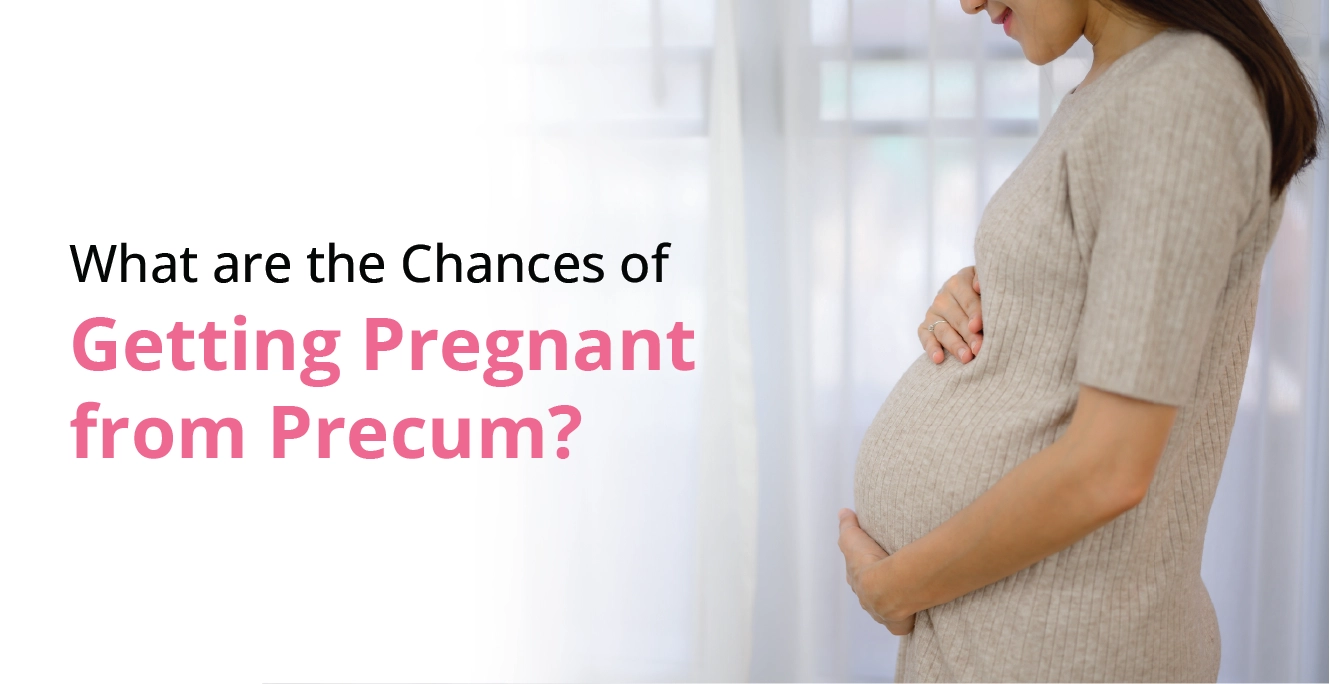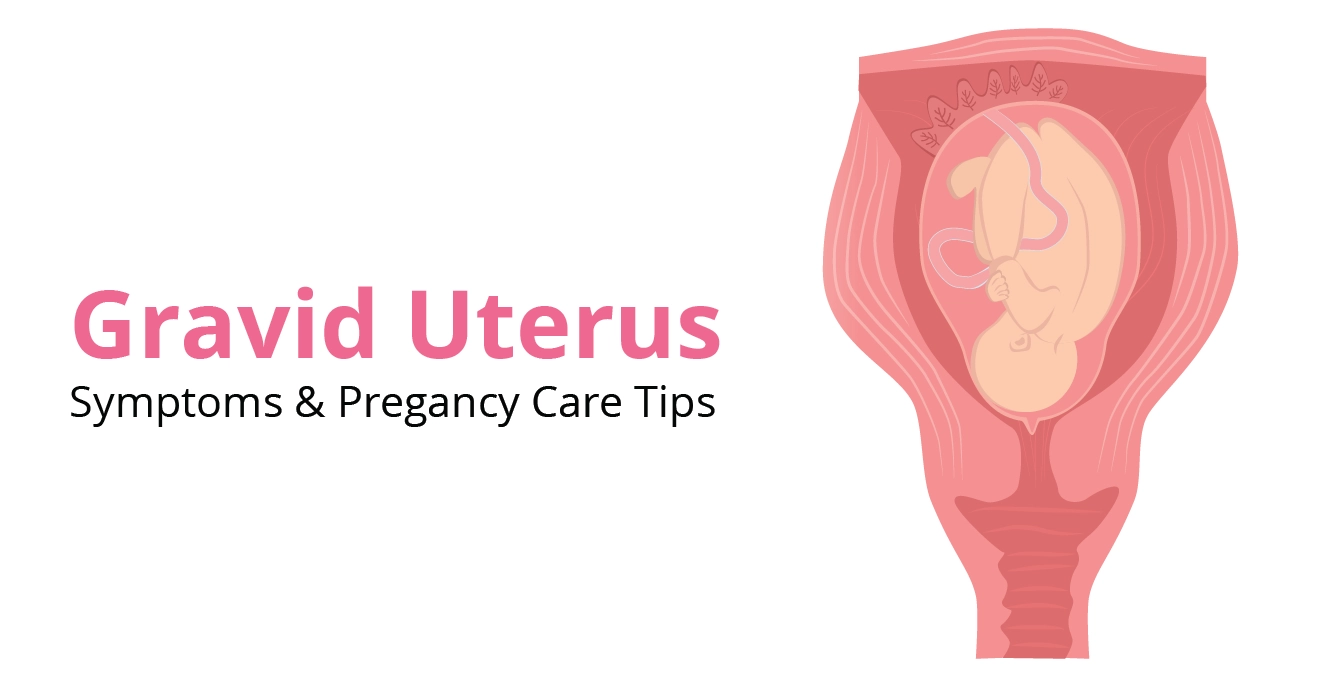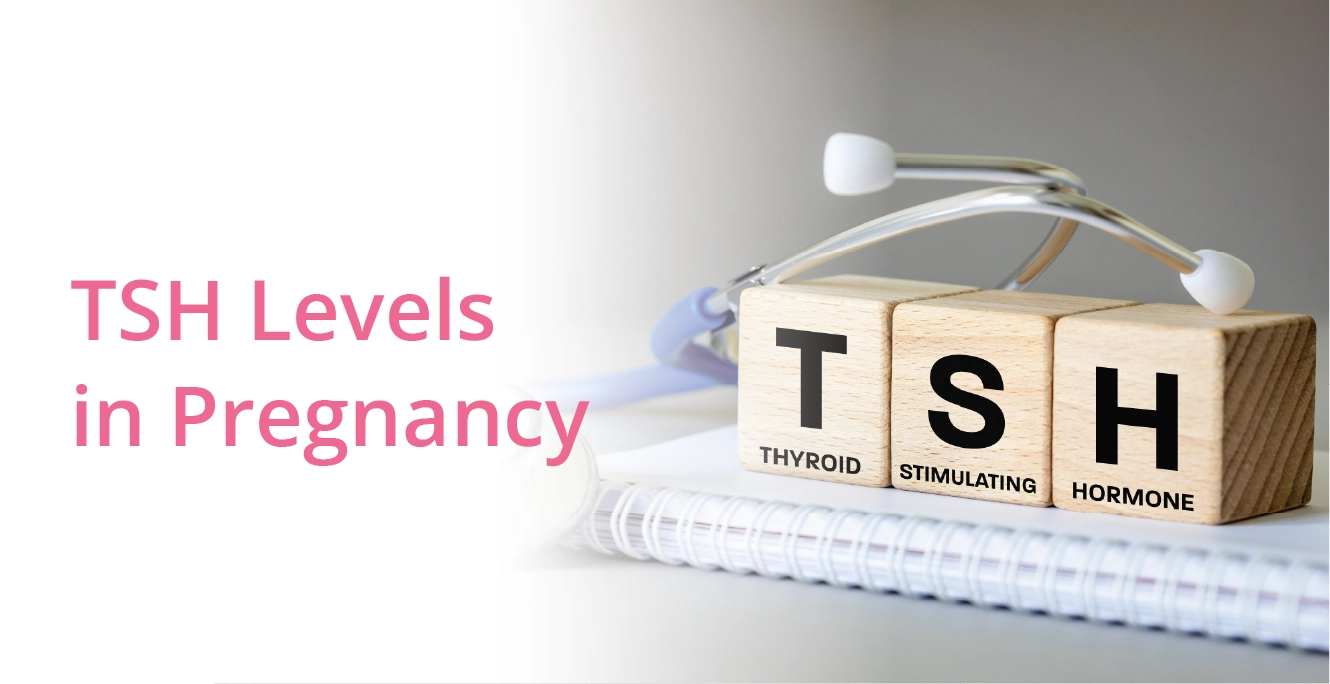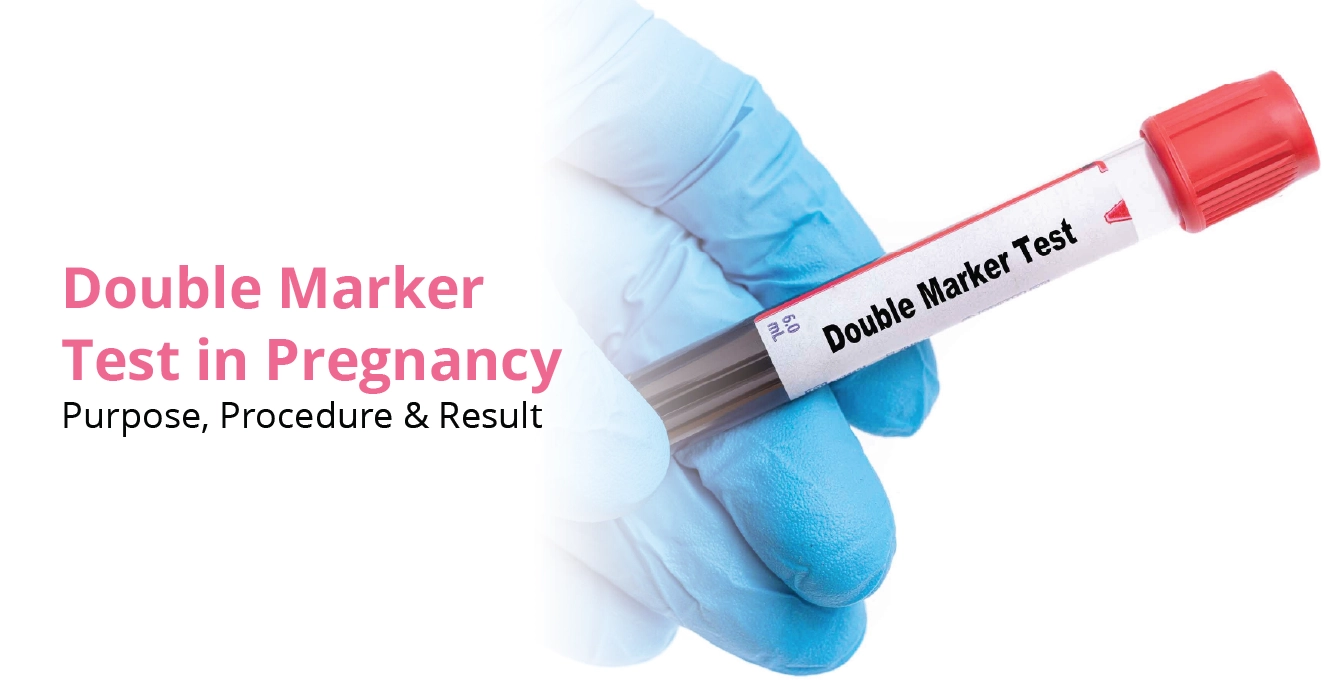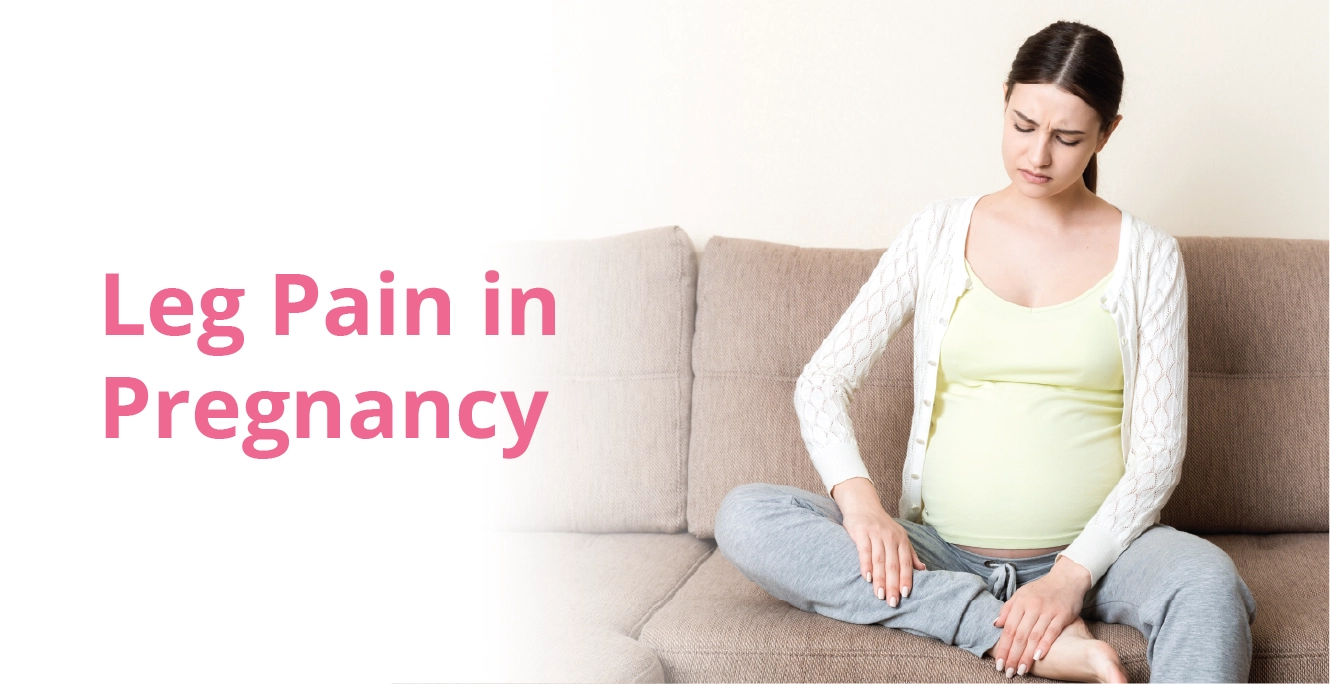
Chance of Getting Pregnant After Egg Rupture

Table of Contents
Key takeaways
-
Ovulation and fertilisation: Egg rupture, known as ovulation, releases a mature egg, viable for 12-24 hours. Fertilisation must occur within this window for pregnancy to happen.
-
Timing of intercourse: Engage in intercourse 5 days before to 1 day after ovulation to maximise conception chances, as sperm can survive up to 5 days.
-
Factors affecting pregnancy: Age, sperm quality, lifestyle choices, and underlying medical conditions significantly influence fertility.
-
Pregnancy testing: For accurate results, take a pregnancy test 10-14 days post-ovulation.
When you’re trying to conceive, every aspect of your menstrual cycle becomes a potential clue. You might find yourself questioning the significance of each twinge, cramp, or discharge, wondering if it’s a sign of pregnancy. One crucial event in your cycle is egg rupture. But what exactly happens after egg rupture, and how does it impact your chances of getting pregnant?
If you’re eagerly awaiting that positive pregnancy test, understanding the process and meaning of egg rupture and its role in conception can help you feel more in control of your fertility journey. In this article, we’ll dive into the details of what occurs after egg rupture, explore the factors that influence your chances of pregnancy after egg rupture, and discuss when to seek medical advice if you’re struggling to conceive.
What is Egg Rupture?
Egg rupture is a crucial event in the female reproductive cycle, marking the release of a mature egg from the ovary. This process, also known as ovulation, typically occurs around the middle of the menstrual cycle, approximately 14 days before the start of the next period.
During the first half of the menstrual cycle, follicle-stimulating hormone (FSH) stimulates the growth and development of several follicles within the ovaries. Each follicle contains an immature egg. As the cycle progresses, one dominant follicle emerges, while the others degenerate.
Hormonal Changes Trigger Ovulation
As the dominant follicle matures, it secretes increasing amounts of oestrogen, which triggers a surge in luteinising hormone (LH) from the pituitary gland. This LH surge initiates the final stages of follicular maturation and ultimately causes the follicle to rupture, releasing the mature egg.
The Journey of the Egg After Egg Rupture
Once the follicle ruptures, the egg is released into the abdominal cavity. Finger-like projections called fimbriae, located at the end of the fallopian tube, sweep the egg into the tube.
The egg’s journey through the fallopian tube takes several days. During this time, the egg remains viable for fertilisation for approximately 12-24 hours after ovulation.
Sperm Survival and Fertilisation Window
While the egg has a relatively short lifespan, sperm can survive in the female reproductive tract for up to five days. This means that intercourse occurring within the five days leading up to ovulation, as well as on the day of ovulation itself, can result in pregnancy.
Egg Ruptured Yet No Conception: Find Out Why?
It can be disheartening to learn that ovulation has occurred, but conception didn’t follow. The release of an egg, or ovulation, is just one part of the intricate process required for pregnancy. Several factors can influence whether fertilisation and implantation take place. Understanding these factors can help provide clarity and guide you towards potential next steps on your journey to parenthood.
Factors Affecting Conception Success
Despite the occurrence of egg rupture, conception may not always take place. Several factors can influence the success of fertilisation and implantation:
-
Age: Fertility declines with age, particularly after 35 years
-
Sperm quality: Low sperm count, or poor sperm motility can hinder fertilisation
-
Timing of intercourse: Intercourse too far from ovulation may reduce the chances of pregnancy after egg rupture
-
Lifestyle factors: Smoking, excessive alcohol consumption, and unhealthy diet can negatively impact fertility
-
Hormonal imbalances: Conditions like polycystic ovary syndrome (PCOS), endometriosis, or blocked fallopian tubes can hinder conception
Sleep Well, Conceive Well!
Did you know that adequate sleep plays a crucial role in fertility? Quality sleep aids hormone regulation, which is essential for a regular menstrual cycle and successful ovulation. Women who maintain consistent sleep patterns may find their chances of pregnancy after egg rupture significantly improved.
The Role of Sperm Quality
Sperm quality is a crucial factor in achieving pregnancy, as it directly influences the likelihood of successful fertilisation. Key components of sperm quality include sperm count, motility, and morphology, each playing a distinct role in the reproductive process.
-
Sperm count: This refers to the number of sperm present in a given volume of semen. A healthy sperm count is essential for increasing the chances of fertilising an egg. Low sperm counts can significantly hinder the ability of sperm to reach and fertilise an egg, thereby reducing the chances of conception.
-
Motility: This measures how well sperm can move. Effective motility is crucial as sperm must swim through the female reproductive tract to reach the egg. Poor motility can lead to difficulties in fertilisation, as only a small fraction of sperm are capable of successfully navigating to the egg.
-
Morphology: This refers to the shape and structure of sperm. Abnormalities in morphology can impede a sperm’s ability to penetrate and fertilise an egg. Abnormal morphology can lead to complications in conception, necessitating assisted reproductive technologies like IVF or ICSI in some cases.
Optimal Timing for Intercourse
To maximise the chances of pregnancy after egg rupture, timing intercourse correctly is crucial. Sperm can survive within the female reproductive tract for several days, but they are most effective when intercourse occurs close to ovulation when the egg is available for fertilisation. Understanding ovulation cycles and engaging in intercourse during this fertile window can enhance the chances of successful conception.
|
Days Relative to Ovulation |
Pregnancy Probability |
|---|---|
|
5 days before |
9% |
|
4 days before |
18% |
|
3 days before |
27% |
|
2 days before |
33% |
|
1 day before |
42% |
|
Ovulation day |
20% |
|
1 day after |
8% |
Symptoms of Pregnancy After Egg Rupture
After an egg ruptures during ovulation and fertilisation occurs, the early stages of pregnancy begin with implantation. Implantation, where the fertilised egg attaches to the uterine lining, can lead to subtle symptoms of pregnancy that may signal successful conception. These early signs, followed by common pregnancy symptoms as the process progresses, offer clues to the exciting possibility of new life. Understanding these symptoms of pregnancy after egg rupture can help you navigate this transformative time with greater awareness and preparation.
Early signs of implantation
After successful fertilisation, the embryo travels down the fallopian tube and implants in the uterine wall. This process, known as implantation, can cause some early symptoms of pregnancy after egg rupture:
-
Implantation bleeding: Light spotting or bleeding around the time of expected period
-
Basal body temperature changes: A sustained rise in basal body temperature
-
Breast tenderness: Sore or sensitive breasts due to hormonal changes
Common symptoms indicating successful conception
As pregnancy progresses, additional symptoms may emerge:
-
Nausea and vomiting (morning sickness)
-
Fatigue and tiredness
-
Frequent urination
-
Food cravings or aversions
-
Missed period
When to Take a Pregnancy Test After Egg Rupture?
Taking a pregnancy test after ovulation can be an exciting yet anxious moment. Timing is crucial to ensure accurate results, as testing too early may lead to false negatives. After ovulation, the fertilised egg needs time to implant in the uterus and prompt the body to produce human chorionic gonadotropin (hCG), the hormone detected by pregnancy tests. Understanding when and why to Take a Pregnancy Test After Egg Rupture can help reduce stress and provide reliable confirmation of pregnancy.
Ideal waiting period post-ovulation
After egg rupture and potential conception, it is essential to wait an appropriate amount of time before taking a pregnancy test. The recommended waiting period is 10-14 days after ovulation.
Egg rupture injection
In some cases, particularly for individuals undergoing fertility treatments, egg rupture injections may be used to induce ovulation. These injections contain hormones that stimulate the ovaries to release an egg.
Common Medications Used
Common medications used for ovulation induction include:
-
Clomiphene citrate: Clomiphene citrate is an oral medication that stimulates ovulation by prompting the pituitary gland to release more FSH and LH, which are essential for egg development. It is commonly prescribed for women who have irregular menstrual cycles or who do not ovulate, with about 70% of anovulatory women achieving ovulation with its use
-
hCG: This is an injectable hormone that mimics LH and is used to trigger ovulation once the ovarian follicles are mature. It is often administered after a course of FSH or other gonadotropins to ensure that the eggs are released at the right time for conception.
-
FSH: FSH is a naturally occurring hormone that plays a critical role in the growth and maturation of ovarian follicles. In fertility treatments, FSH is often administered as an injection to stimulate the ovaries to produce multiple eggs, increasing the chances of successful conception during a single cycle.
By triggering the release of an egg, egg rupture injections can help increase the chances of pregnancy, particularly for individuals with irregular ovulation or certain fertility issues.
Tips to Increase Chances of Conception After Egg Rupture
When trying to conceive after egg rupture, several strategies can help improve your chances of success. By maintaining a healthy lifestyle, accurately tracking your ovulation cycles, and consulting a fertility expert when necessary, you can optimise your fertility and create the best environment for conception. Here’s how these approaches can support your journey to parenthood.
Maintaining a healthy lifestyle
Adopting a healthy lifestyle can improve overall fertility and increase the likelihood of conception:
-
Maintain a balanced diet rich in fruits, vegetables, whole grains, and lean proteins
-
Stay well-hydrated
-
Get regular exercise
-
Manage stress through relaxation techniques
-
Avoid smoking and limit alcohol consumption
Nutrition Matters!
Here’s an interesting fact: consuming foods rich in antioxidants may support fertility. Nutrients like vitamins C and E, folate, beta-carotene, and lutein can protect reproductive cells from oxidative stress. Including colourful fruits and vegetables, nuts, and seeds in your diet might just be the boost your body needs for healthy egg rupture and conception.
Monitoring Ovulation Cycles
Tracking ovulation cycles can help identify the most fertile window and optimise timing for intercourse. Methods for monitoring ovulation include:
-
Basal body temperature tracking
-
Ovulation predictor kits (OPKs)
-
Cervical mucus monitoring
-
Fertility apps and calendars
Consulting a Fertility Expert
For individuals or couples experiencing difficulty conceiving, consulting a fertility expert can provide valuable guidance and support. A fertility specialist can:
-
Assess overall reproductive health
-
Identify potential fertility issues
-
Recommend appropriate fertility treatments
-
Provide personalised guidance and support
When to Seek Medical Advice?
If conception does not occur after multiple cycles of trying, it may be time to seek medical advice. General guidelines for when to consult a fertility specialist include:
|
Age Group |
Recommended Waiting Period Before Consulting a Doctor |
|---|---|
|
Women under 35 |
After 12 months of regular, unprotected intercourse |
|
Women 35-40 |
After 6 months of regular, unprotected intercourse |
|
Women over 40 |
After 3 months of regular, unprotected intercourse |
Signs of underlying fertility issues
Certain signs or symptoms may indicate underlying fertility issues and warrant a consultation with a fertility expert:
-
Irregular or absent menstrual cycles
-
Painful or heavy periods
-
History of pelvic inflammatory disease or sexually transmitted infections
-
Known medical conditions affecting fertility (e.g., PCOS, endometriosis)
-
Male partner with known fertility issues (e.g., low sperm count)
By understanding the process of egg rupture, the factors influencing conception success, and the steps to optimise fertility, individuals and couples can make informed decisions on their journey to parenthood. If concerns arise, seeking the guidance of a fertility expert can provide valuable support and direction.
A Word from the Expert
“Egg rupture is a critical event in the female reproductive cycle, marking the release of a mature egg and the opening of the fertile window. By understanding the timing of ovulation and the factors influencing conception success, couples can optimize their chances of achieving pregnancy. If difficulty arises, seeking the guidance of a fertility specialist can provide valuable support and direction on the path to parenthood.”~Dr. Lipsa Mishra
Our Fertility Specialists
Related Blogs
To know more
Birla Fertility & IVF aims at transforming the future of fertility globally, through outstanding clinical outcomes, research, innovation and compassionate care.
Had an IVF Failure?
Talk to our fertility experts

 Our Centers
Our Centers





